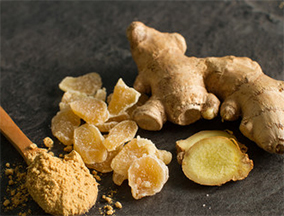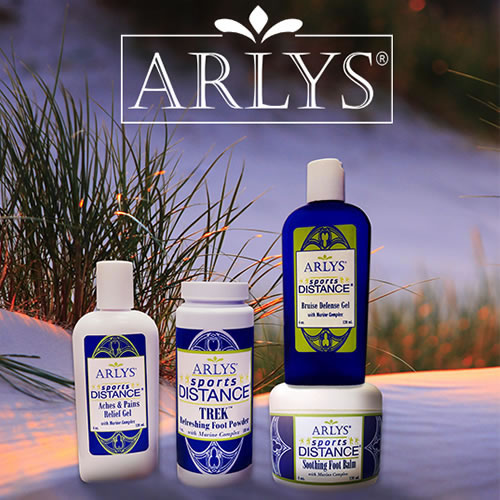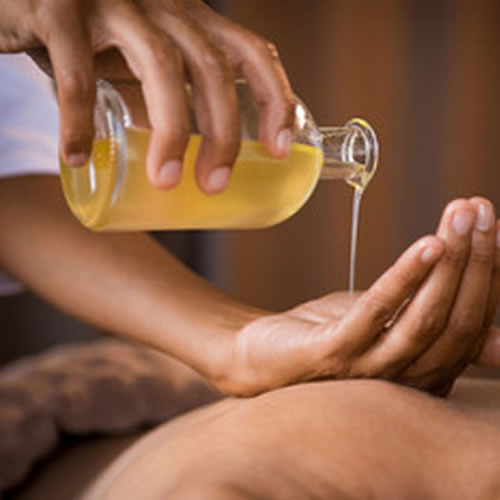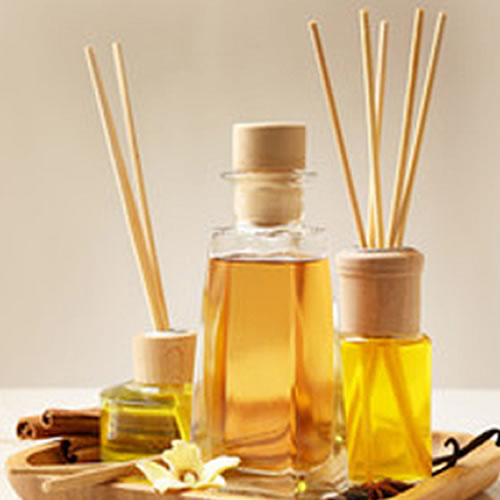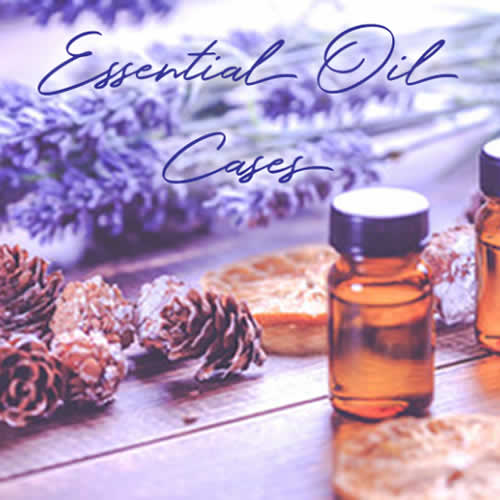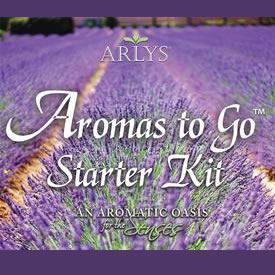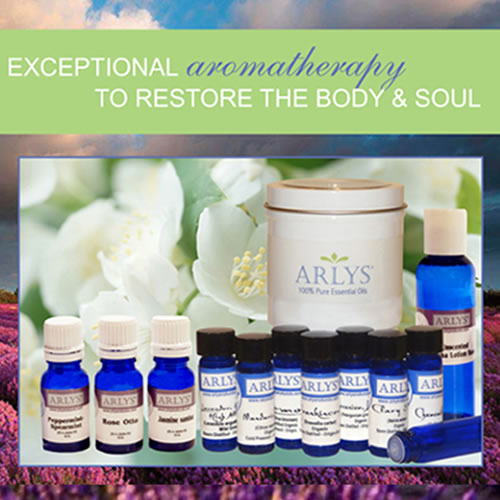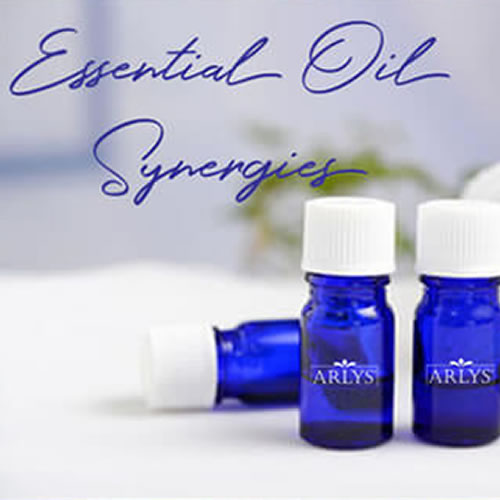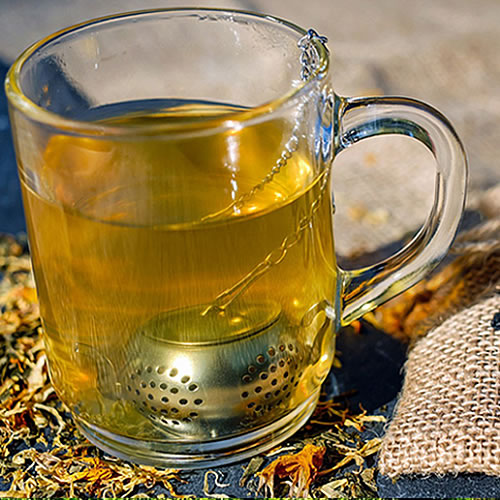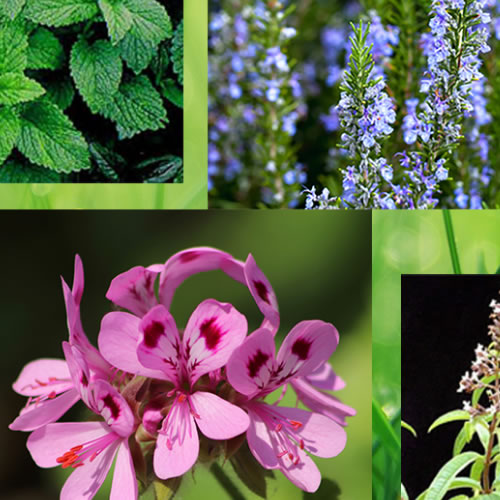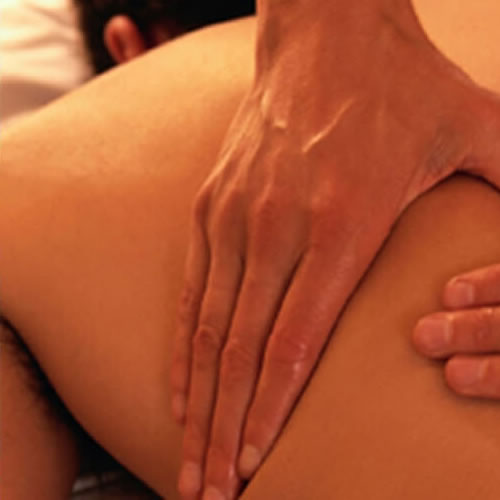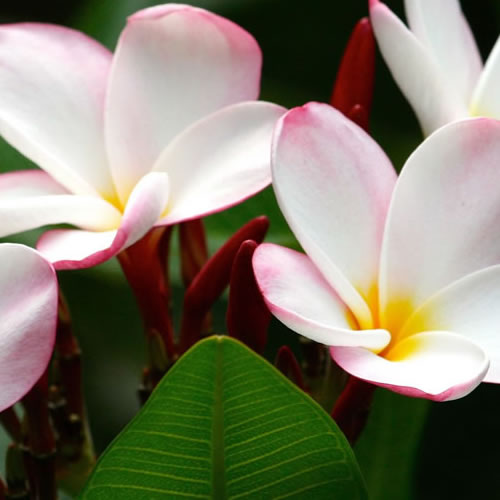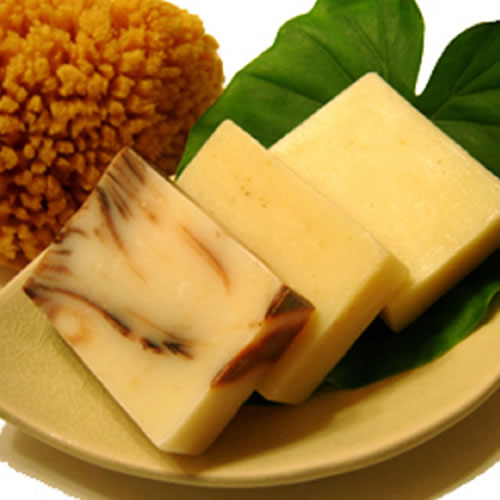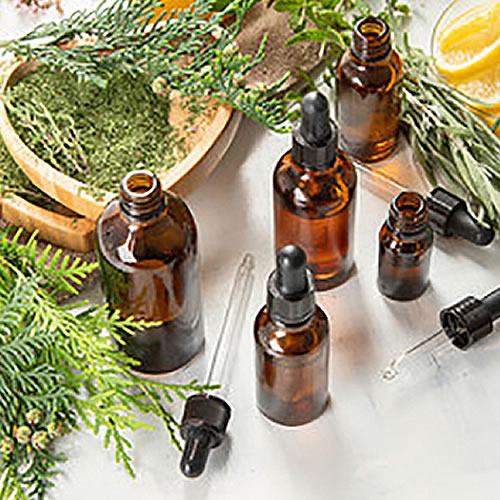Aromatherapy 101
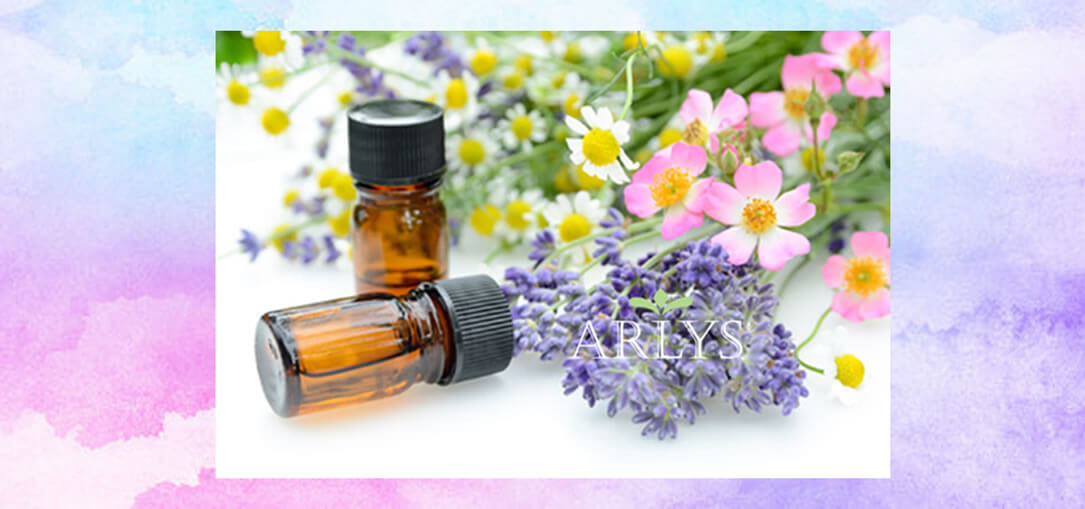
Since the dawn of history, it's been well established that the ancient Egyptians, Greeks, Romans, Chinese and East Indians have used essential oils for religious rituals, for their healing and soothing properties, as well as for bathing rituals, romantic seduction and beauty. Today, it seems that we are embracing not only the elements of these ancient practices, but also recognizing the connection that smell has on our individual psyche and well-being.
Just think for a moment of how the aroma of a fresh baked apple pie conjures up memories in an instant, or perhaps how coconut oil can have you sitting beachside or longing to sit on the beach – that’s the power and attraction of scent!
The study of aromatherapy encompasses not only the sense of smell but also the positive properties and chemical effects essential oils have on the body.
What is Aromatherapy?
“Aromatherapy” simply refers to the study and use of essential oils (aromas) to help relieve a wide variety of emotional and physical problems – promoting a lifestyle of health and wellness.
What are Essential Oils?
Essential oils are natural plant substances “volatile liquids” extracted via distillation processes such as steam distillation, CO2, expression, infusions, and extractions from roots, seeds, blossoms, flowers, barks and peels. They are a part of the plant's immune system and yet, a separate substance from the plant. These essences are natural and so they work in harmony with the body.
Essential oils are highly concentrated extracts that contain hormones, vitamins and antiseptics that work on many levels. They are 75-100 times more concentrated than dried herbs.
All essential oils, to a greater or lesser extent, exhibit the following characteristics:
- Antiseptic (prevents or combats infection locally); Anti-oxidant
- Anti-Inflammatory; Astringent
- Bactericide (kills bacteria); Bacteriostatic (inhibits growth of bacteria)
- Cytophylatic (promotes cell rejuvenation when applied to the skin)
How do Essential Oils work?
They penetrate the body in two ways – through the nose and the skin. First, the olfactory system (our sense of smell), is the most direct to the limbic brain where emotions and memory functions lie and why we react to aromas before we identify them. Second, is by passing through the skin and into the bloodstream. The common methods of using essential oils are by inhalation, bath, compress, massage, diffusion, spray mists, and lotions.
Why are Essential Oils so special?
Considered the “soul” of the plant, those who truly appreciate the special qualities of “pure” essential oils regard each drop as a precious jewel to be savored, enjoyed and protected. You have to experience pure essential oils to appreciate the difference. Due to the highly concentrated nature of essential oils, most applications require drops rather than ounces. The tiny molecular structure of each oil permeates into the skin’s surface through the olfactory nerves in the nose. Since they are highly concentrated, they are not to be applied directly on the skin. That is why we use carrier oils, creams and gels, etc. to facilitate their absorption. Essential oils absorb into the fluid surrounding the cells beneath the skin's surface for deep cleansing, nourishing, rejuvenation, balancing and antiseptic benefits. Essential oils diffuse into the air for purifying, refreshing, calming, stimulating and antibacterial benefits. They perform their healthy work both topically and internally.
At ARLYS®, we encourage you to embrace the “body, mind & spirit” connection of aromatherapy. Spend your time celebrating life and enjoying the diverse benefits of nature’s aromatic gifts for your continued overall well-being.


.jpg)

